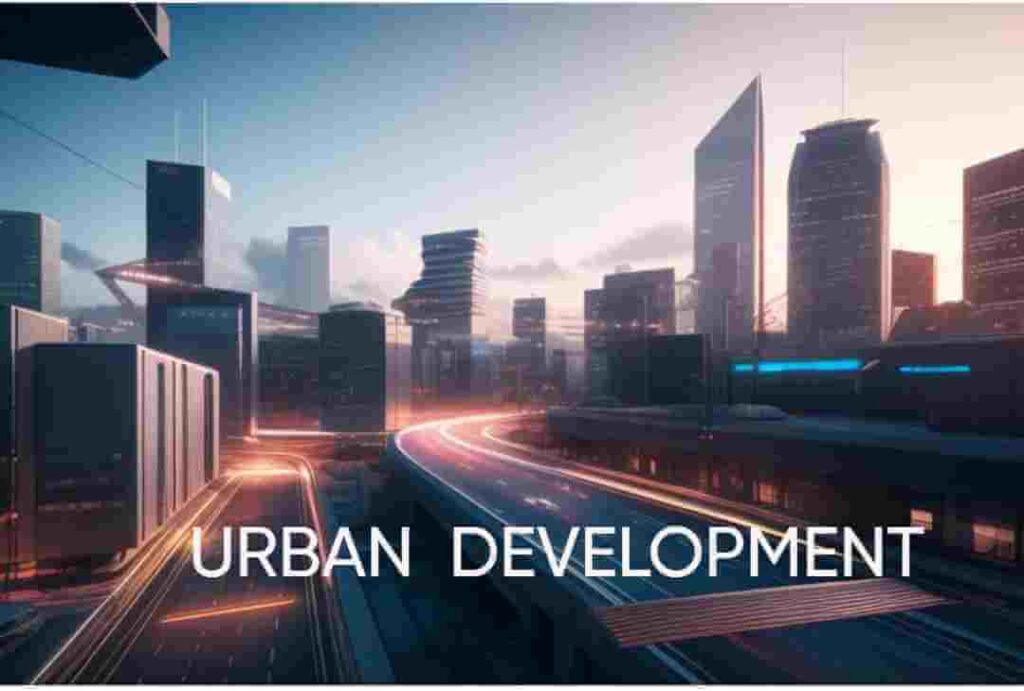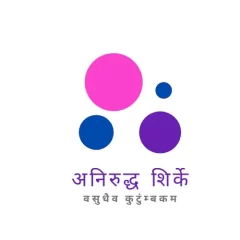
Urban development is a multifaceted process that involves the planning, growth, and management of urban areas to improve the quality of life for their inhabitants. In the current global scenario, the pace of urbanization has accelerated, leading to the creation of sprawling cities and metropolitan regions. This article explores the world’s urban development landscape, examining the current status, merits, and demerits of urban development projects. Additionally, it sheds light on various urban development initiatives and their impact on employment generation, GDP contribution, and national development. The role of world governments in supporting urban development policies, the integration of eco-friendly solutions, and the concept of green cities are also discussed.
Urban Development on the Global Stage:
In recent decades, the world has witnessed unprecedented urbanization, with a significant shift in population from rural to urban areas. According to the United Nations, over half of the global population resides in urban areas, and this trend is expected to continue. As a result, governments, policymakers, and urban planners face the challenge of managing and shaping urban growth to create sustainable, inclusive, and resilient cities.
Current Status of Urban Development:
The current status of urban development varies across regions, with some areas experiencing rapid growth while others grapple with issues such as informal settlements, inadequate infrastructure, and insufficient public services. In developed countries, urban development often focuses on revitalizing existing urban centers, promoting smart city initiatives, and incorporating advanced technologies for improved governance and sustainability. On the other hand, developing countries may face challenges related to unplanned urbanization, slum development, and limited resources for infrastructure.
Merits and Demerits of Urban Development Projects
Urban development projects offer numerous benefits, including improved infrastructure, enhanced living standards, increased economic opportunities, and better access to essential services. However, these projects can also have drawbacks, such as displacement of communities, environmental degradation, and increased inequality. Striking a balance between development goals and social and environmental considerations is crucial to ensuring sustainable and equitable urban growth. Also Read Megaprojects in the World.
List of Urban Development Projects:
1. The High Speed Rail Network in China: This extensive project has connected major cities, fostering economic development and improving transportation efficiency.
2. The Masdar City Project in the UAE: Masdar City aims to be a sustainable, carbon-neutral urban development, incorporating renewable energy sources and advanced technologies.
3. The Singapore Smart Nation Initiative: Singapore’s initiative focuses on leveraging technology to create a smart, efficient, and interconnected urban environment.
4. The “Bharatmala” Project in India: This infrastructure project aims to enhance road connectivity and promote economic development by improving transportation networks.
5. The High Line in New York City: This adaptive reuse project transformed an old elevated railway into a green urban park, revitalizing the surrounding area.
Employment Generation and GDP Contribution:
Urban development projects play a pivotal role in generating employment opportunities across various sectors, including the construction, transportation, and service industries. The development of infrastructure, commercial establishments, and residential complexes creates a demand for skilled and unskilled labor. Additionally, the overall economic output of urban areas contributes significantly to a nation’s GDP. The growth of industries, businesses, and service sectors in urban centers fosters economic development, attracts investments, and promotes innovation.
Nation Development and World Government Support Policy:
The development of urban areas is closely linked to national progress. Nations with well-planned and efficiently managed cities often experience higher levels of economic growth, improved living standards, and increased competitiveness on the global stage. Recognizing the importance of urban development, governments worldwide have implemented policies to support and guide sustainable urbanization. International organizations, such as the United Nations and the World Bank, provide financial assistance, technical expertise, and policy frameworks to aid countries in their urban development endeavors.
Urban Development and Eco-Friendly Solutions
As concerns about environmental sustainability grow, urban development projects increasingly integrate eco friendly solutions to mitigate their impact on the environment. Green building practices, energy efficient technologies, and sustainable transportation initiatives are becoming integral components of urban planning. Additionally, the preservation of green spaces, the implementation of waste management strategies, and the promotion of renewable energy sources contribute to creating environmentally conscious urban environments.
Green Cities and Sustainable Urban Living:
The concept of green cities revolves around creating urban spaces that prioritize environmental sustainability, resource efficiency, and the well being of residents. Green cities incorporate features such as green roofs, renewable energy sources, efficient public transportation, and ample green spaces. These initiatives not only reduce the ecological footprint of urban areas but also contribute to the physical and mental well-being of their inhabitants.
Challenges in Urban Development:
Despite the positive aspects of urban development, several challenges persist. One significant challenge is the growing urban rural divide, where urban areas attract more resources and opportunities, leading to increased inequality. Additionally, issues such as traffic congestion, air and water pollution, inadequate housing, and insufficient public services need to be addressed to ensure the sustainable development of urban areas.
Urban development is a dynamic and complex process that shapes the future of societies and nations. The merits of well-executed urban development projects, including employment generation, GDP contribution, and improved living standards, underscore their importance in fostering national growth. However, the demerits, such as environmental degradation and social inequality, highlight the need for careful planning and sustainable practices.
As we move forward, it is crucial for governments, urban planners, and communities to collaborate on creating inclusive, resilient, and eco friendly cities. The support of world governments and international organizations is essential to providing the necessary resources, expertise, and frameworks for nations to embark on sustainable urban development journeys. By prioritizing green solutions, incorporating innovative technologies, and addressing social challenges, we can pave the way for a future where urban development drives economic progress and preserves the planet for generations to come.
